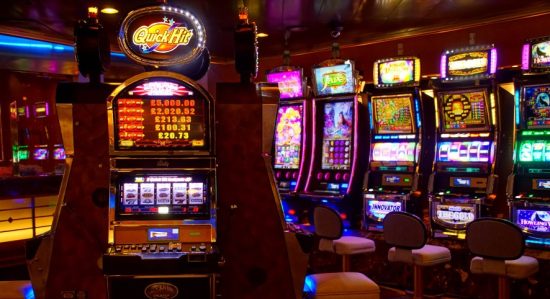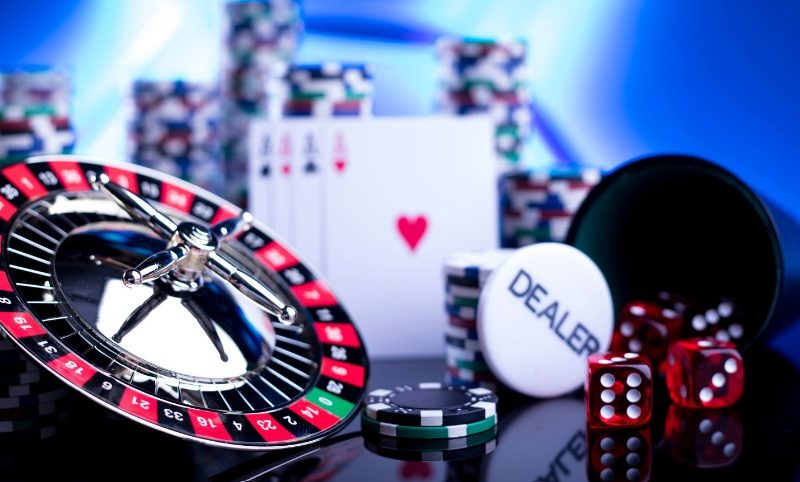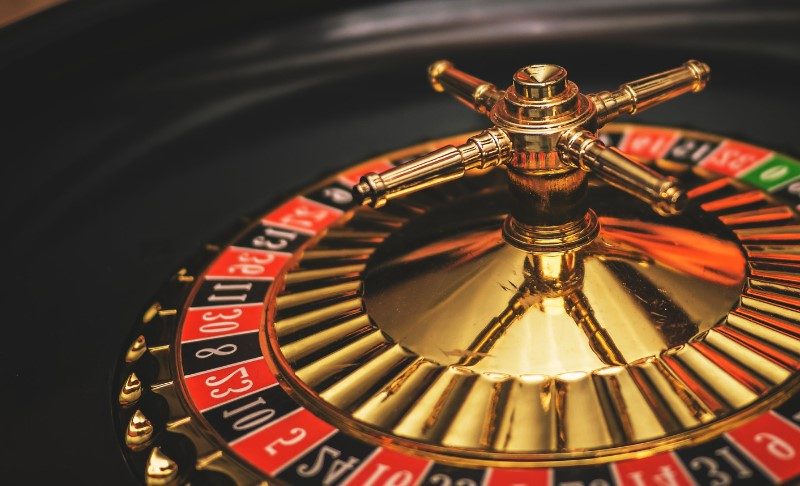Inside the Gambler’s Mind: Understanding the Psychology of Gambling
Gambling, the age-old pastime that’s both thrilled and baffled us, is a treasure trove for psychologists. It’s like a rollercoaster in the brain, with highs, lows, and everything in between. What makes players choose a specific fast withdrawal casino instead of another, even despite the obvious downsides?
In this guide, we will dive into the fascinating world of gambling psychology, and unearth what makes the wheels and reels of the gambling mind spin.
The Lure of the Jackpot: Why We Can’t Resist
Ever wondered why the sound of coins clinking is music to our ears? It’s all about the ‘thrill of the win’. According to a 2019 study by the Journal of Gambling Studies, the allure of a potential win activates the brain’s reward system, much like the sizzle of a delicious meal on the stove. It’s the psychological seasoning that makes gambling so enticing.

About 1.6 billion people gamble each year worldwide, with 4.2 billion participating in gambling activities at least once annually, as reported by the American Gaming Association.
Psychological Fallacies and Biases Behind Gambling
Taking risks is part of human nature; it’s like the inner adventurer in us all. In gambling, it is majorly impacted by certain psychological fallacies that govern the way we perceive our surroundings.
The Gambler’s Fallacy
One of the most common misconceptions plaguing gamblers is the gambler’s fallacy, a belief rooted in the misunderstanding of probability and chance. It occurs when players think a certain outcome is ‘due’ to happen after a series of different results.
For instance, in a game of roulette, if red has come up several times, a gambler might be convinced that black is next. This belief often leads to the dangerous habit of chasing losses and betting more in the hope of turning the tide, despite the outcomes being entirely random and independent.
Illusion of Control
Gamblers often fall prey to the illusion of control, where they overestimate their ability to influence what are essentially random events. This fallacy leads to a belief that one’s skills, knowledge, or strategies can somehow determine the outcome of a game of chance.

This misplaced confidence fuels persistent gambling and encourages risk-taking, as players mistakenly think they have an edge over chance.
Confirmation Bias
In the world of gambling, confirmation bias plays a pivotal role. This cognitive bias leads gamblers to remember their wins vividly while conveniently forgetting or downplaying their losses. They often only pay attention to outcomes that confirm their beliefs about their gambling prowess or lucky streaks.
This selective memory creates an inflated sense of skill and success, encouraging gamblers to continue betting, often disregarding the reality of their situation.
Sunk Cost Fallacy
The sunk cost fallacy is particularly insidious and prevalent in gambling behaviours. It manifests when gamblers view their losses as investments, believing that they must continue playing to recover these ‘investments.’ This leads to the harmful cycle of chasing losses, causing significant financial and emotional distress.
It stems from a deep-seated reluctance to accept losses and an irrational commitment to previous decisions based on the time, money, or effort already spent.
Near-Miss Effect
The near-miss effect is another psychological trap for gamblers. It occurs when an outcome is very close to a win, such as when a slot machine shows two out of three required symbols for a jackpot. These near-misses can be as stimulating as actual wins, leading gamblers to believe they are on the verge of success and encouraging them to keep playing.
The effect taps into the brain’s reward systems, similar to genuine wins, fueling the continuous cycle of gambling.
Optimism Bias
Lastly, the optimism bias is a cognitive bias that makes gamblers believe they are less likely to face negative outcomes, such as significant losses, compared to others. This bias leads to an underestimation of potential risks and contributes to more audacious betting practices.
It serves as a self-protective mechanism, maintaining self-esteem and motivation in the uncertain world of gambling.
The Social Butterfly Effect in Gambling
Gambling isn’t just a solitary adventure; it’s a social affair, like a dance floor where everyone’s trying their luck. The social aspect of gambling, from bingo halls to poker nights, creates a sense of community and belonging, which, according to Psychology Today, can be just as compelling as the game itself.

It turns out, the chance to be a part of something is often as enticing as the chance to win.
The Downside: When the Fun Stops
It’s not all glitz and glamour in the gambling world. Problem gambling affects about 1% of the adult population in the U.S., as per the National Council on Problem Gambling. It’s the darker side of gambling, where the thrill turns into an obsession.
It’s like being stuck on a merry-go-round that you can’t get off. Recognizing and addressing problem gambling is crucial, as it’s not just about losing money, but also about the impact on mental health and relationships.
The House Always Wins: Understanding the Odds
There’s a saying in the gambling world: ‘The house always wins’. It’s a nod to the fact that games are designed with a house edge. Players entering the casino world should be aware of this – it’s like going into a maze, where the paths are intriguing but designed to lead you back to the start. Understanding the odds is crucial; it’s the map in the world of gambling.
Learning to Make the Most of It
The psychology of gambling is a mosaic of thrill, risk, reward, and social dynamics. It’s a world where the promise of a win can light up the brain’s reward circuits, but also a place where understanding and moderation are key. In the grand casino of life, understanding the psychology of gambling can make all the difference in how we play the game.










